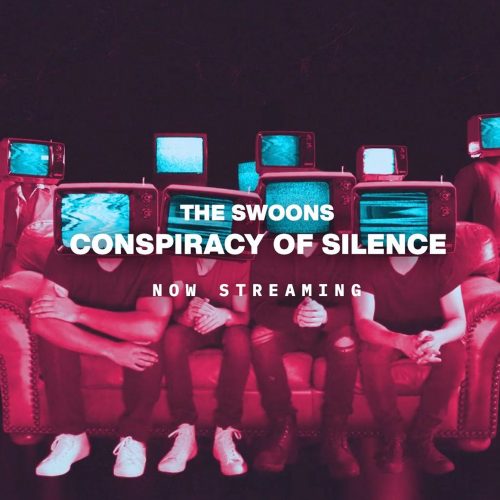At the risk of sounding like a fake-deep music major, it’s worth talking about how to define pop, and by extension alternative pop. Pop is, broadly, whatever music is popular at a given moment, but in terms of genre, it defines catchy, mainstream-courting music with hooks and choruses and everything you’d read in a How to Write a Hit guide book. But as the decade reaches its end, the question has grown more complicated.
The 10s started with glossy electro-pop and party-hearty club tracks ruling the day; Katy Perry was on top of the world, and perhaps the most successful rapper on the charts was Pitbull. There was the occasional dark-horse hit from fun. or Gotye, but for the most part, the charts were fairly in-line with what most people would consider pop. But it wouldn’t stay in that early-decade stasis for long.
Eventually, the EDM boom happened, introducing the concept of an instrumental “drop” alongside (or in place of) a chorus. Lorde became a sudden superstar with minimalist, R&B-inflected pop music, which resulted in neon-bright Max Martin bubblegum falling out of fashion. The rise of streaming effectively balkanized the music landscape, making the “mainstream” a lot more cluttered. Hip-hop and R&B became more and more dominant, both on the charts and in the zeitgeist at large. The national mood grew darker; coincidentally (or not), our pop music grew darker, too. And now here we are, at the tail end of the decade. A gay black kid from Atlanta wrote a country-rap song that sampled Nine Inch Nails and ended up with the biggest hit in pop history.
A seventeen-year-old mall goth became one of the world’s most famous pop stars with a thumping, minimalist banger where, among other things, she threatens to sleep with your dad. A white guy named Post Malone who looks like a doomsday prepper gone to Warped Tour is a hip-hop star. Taylor Swift, who started the decade as a wide-eyed teen country star, is currently carrying the torch for candy-colored synthpop. How can alternative pop be any stranger than
what we have now?
The Swoons – Conspiracy of Silence
The Swoons, who describe themselves as an alternative pop band, prove themselves deserving of the label, not necessarily because of their sound so much as their scope. Pop’s trend towards minimalism has yielded some fantastic songs, but so often you’re left wanting more than moody beats and a husky voice. The Swoons, on the other hand, aren’t afraid to go big.
Beginning with Tony Ann’s lovely piano (reminiscent of Coldplay at their early-career peak), the song swells to an arena-ready chorus, which it later bolsters with a gospel choir in a move that would’ve seemed ham-handed if it wasn’t so earnest.
The song itself is a warning against the titular conspiracy, calling out those who do or say nothing when terrible things happen. The apocalyptic imagery nods towards the climate crisis, referring to a “rising in the sea” and “hell or high water”, in lines that could’ve been cliche if it wasn’t literally happening in the real world. Even if you find the song’s hugeness tiresome (or worse, Imagine Dragons-y), you can’t fault them for urgency. With so much on the line, why not swing for the fences?
Follow The Swoons







